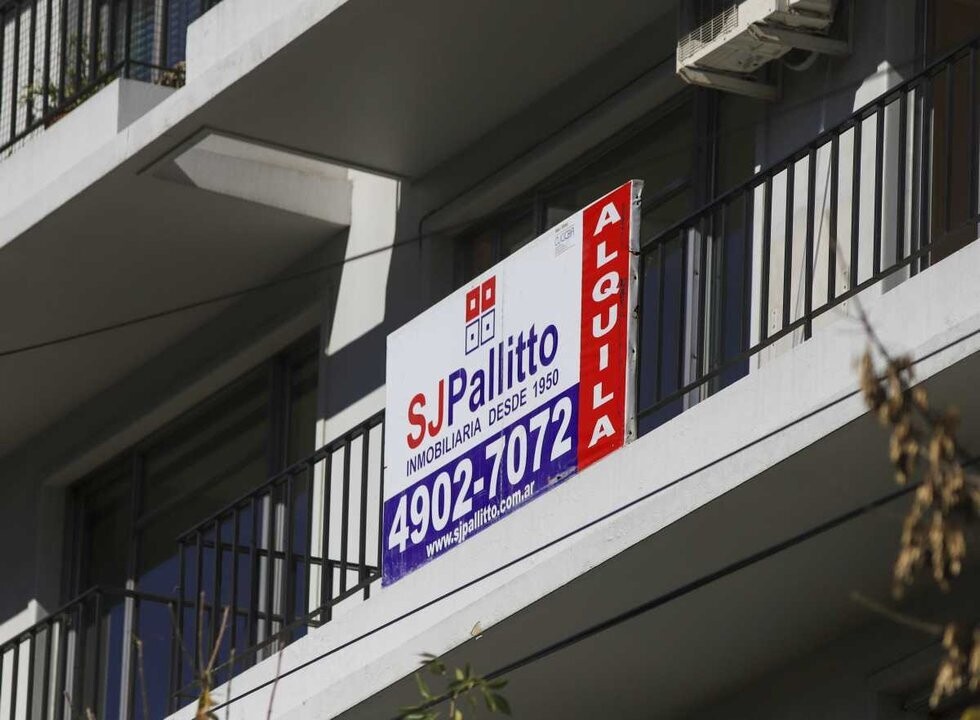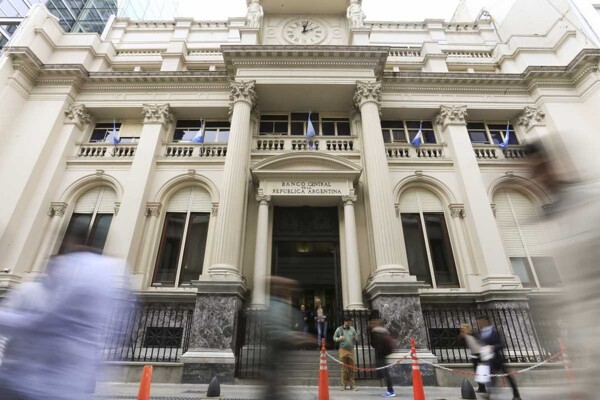
The City of Buenos Aires, a well-known tourist destination, received 2.8 million tourists between the third quarter of 2022 and the second quarter of 2023. According to data, 50% chose to stay in hotels and 22% in temporary rentals, representing a 7% increase compared to the previous year.
The Argentine capital stands out as a tourist center and attracts digital nomads, students, and young professionals from various parts of the world. CABA is not only seen as a gateway to the country but also as a place to temporarily settle, whether for study, work, or entrepreneurship, which significantly contributes to the local economy.
A study conducted by the CEPE of the Torcuato Di Tella University analyzed the impact of the repeal of the rental law 27.551, the paralysis of mortgage credits, and the high inflation that reached 211.4% in 2023. It was found that the regulations of the rental law and the lack of mortgage credits significantly influenced the real estate market.
The regulations that extended contracts and initiated new indexing mechanisms in 2020 caused a 21.3% contraction in the housing supply, while the scarcity of mortgage financing forced potential buyers to resort to the rental market. This situation generated tensions in the housing supply.
Regarding temporary rentals, it was determined that their impact is minimal, contributing only 1.5% to the reduction in the availability of long-term rentals over a four-year period. On the other hand, rent control, the credit crisis, and economic volatility did create more significant distortions in the market.
The study highlights that the rental law caused a drastic decrease in the supply of rental housing in CABA, leading to price increases to compensate for inflation and a redirection of properties towards sale. Temporary rentals have been a vital source of income for owners amid a challenging rental market.














